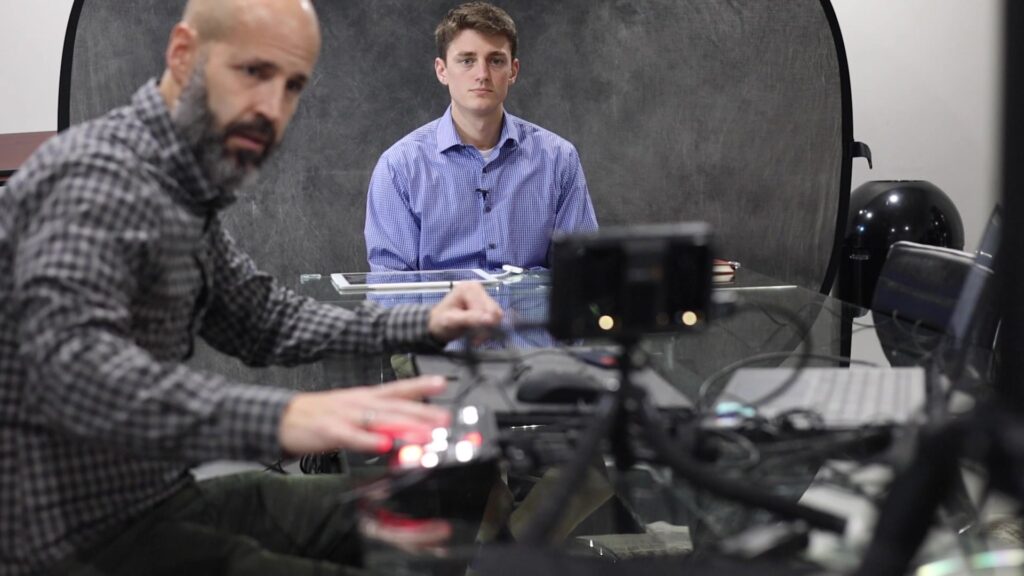Every lawyer knows that witnesses must be contacted and interviewed. But an interview is not enough to properly and thoroughly prepare for trial (at least not for key witnesses). Make no mistake, potential witnesses must be contacted and interviewed. But the main reasons for the interview are to determine if they are a “key” witness and to determine if the testimony of the witness must be taken via a deposition. Interviews are no substitute for depositions.
Why are depositions better than witness interviews?
Why? First, depositions are the best process for “cementing” a witness’s testimony and opinions. An interview is nothing more than that, and interview notes have no use in a trial. You cannot, for example, impeach a witness with interview notes if the witness says something different “on the stand” from what they said during the interview. By contrast, a deposition transcript — prepared by talented court reporters — can be used to impeach a witness. This is largely because, before a deposition begins, the witness must be sworn to tell the truth.
Get to know your witness's personality and presence
Second, an interview does not generally bring an attorney and a witness face-to-face. Typically, interviews are done over the phone. For trial purposes, it is essential to see the face and body language of a witness, which are classic indications of truthfulness and credibility. Further, some witnesses present as “likable” and “serious” or with other qualities that may be positive in front of a jury. Other witnesses will present in the opposite manner. These qualities are important for trial preparation and for how such a witness can be handled during a trial. A witness with a “disagreeable” personality might be given a quick direct examination to obtain their evidence and then sent as quickly as possible out of the courtroom. These qualities might be vaguely perceived during an interview, but can only be truly determined during the process of a deposition.
A Deposition is Practice for Testimony in Court
In a similar manner, a deposition can be seen as a “practice” — maybe a “dress rehearsal” — for the witness’s later testimony presented in front of the jury (or another fact-finder). The practice can help a witness be less nervous during the trial testimony. This is one reason to not be too concerned about presenting your own witnesses for a deposition. The practice can help the witness and show areas for improvement.
A Deposition is a Strategic Advantage
Fourth, because opposing sets of attorneys are present at a deposition (unlike an interview), a deposition allows litigators to test the strength of a witness’s testimony and to glean aspects of the other parties’ trial tactics and strategies. The opposing lawyers will have questions of their own, may focus on certain documents or certain parts of the testimony, or ignore aspects of the case. All of these can provide insights into the trial strategies of the other parties. In asking their questions, the opposing attorneys might demonstrate the strength or weakness of a witness’s testimony in a manner that is usually impossible during an interview.
Contact Elizabeth Gallo Court Reporting Today
For more information, call the experienced court reporters at Elizabeth Gallo Court Reporting. We follow the best practices in order to provide excellent litigation support to our customers. Contact us today to learn about our services and how we can help you.






